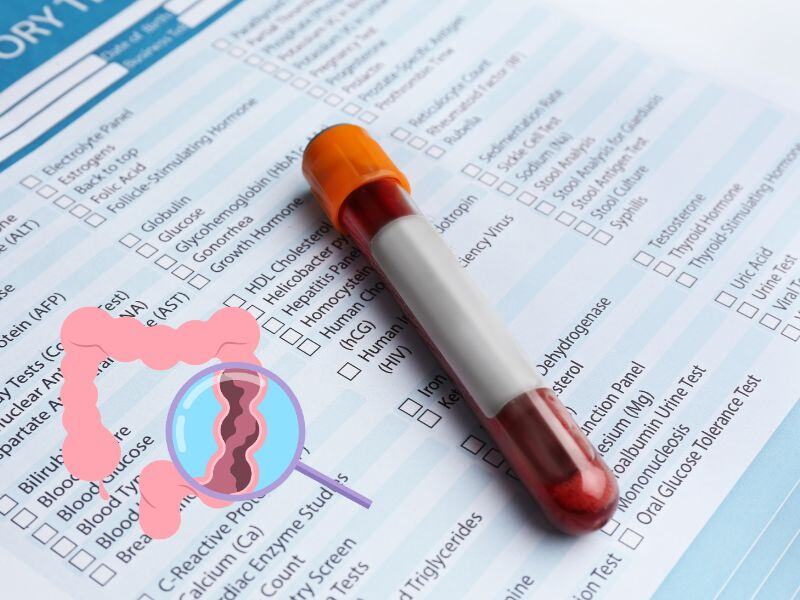FDA Advisors Back Guardant Health's Colorectal Cancer Blood Test

An FDA advisory committee panel have voted to endorse Californian company Guardant Health's blood test for colorectal cancer, stating that it was safe and effective.
The number of people attending colorectal cancer screens is currently very low. Although the panel indicated that a colonoscopy is still the most effective and preferred method of screening, endorsing the liquid biopsy could potentially increase the quantity of patients getting tested.
RELATED:
- Liquid Biopsy for Early-Stage Pancreatic Cancer, Data Presented at AACR
- Blood Test for Alzheimer's Granted Breakthrough Device Status by FDA
- An Overview of Liquid Biopsy: Non-Invasive Approaches to Monitoring Tumour Condition
Panel members advised the FDA that there is reasonable assurance Guardant Health's blood test, Shield, is safe, with an outcome of eight votes to one. Six to three voted that there is reasonable assurance Shield is effective, and seven to two voted that of Shield's benefits outweigh its risks.
Shield's USP is undoubtedly its convenience and broad reach. Colonoscopies have problems with uptake in some populations due to their perceived discomfort, and the need for fasting and preparation. However, blood tests aren't able to catch early precancerous growths which means that they only detect cancer at a later stage. On the other hand, colonoscopies can detect those early signs.
Charity J. Morgan, a committee member and biostatistics professor at the University of Alabama, Birmingham, told the New York Times that the test “is better than nothing for patients who are getting nothing, but it is not better than a colonoscopy.”
AmirAli Talasaz, Co-CEO of Guardant Health said: “Despite the importance of detecting colorectal cancer early, there are notable barriers that can deter average-risk Americans from completing existing screening methods."
He continued: "Shield effectively detects cancer at an early stage when it is most treatable. Providing people with this blood test alongside other non-invasive stool tests can increase the rate of colorectal screening and potentially reduce preventable CRC deaths.”
The hope is to increase the uptake of screening in some form, and therefore increase the likelihood of detection in more patients before the window for the best treatment options have elapsed.
“Sadly, 76% of deaths caused by colorectal cancer occur in individuals who are not up to date with their screening,” said Daniel Chung, Professor of Medicine at Harvard Medical School. “Clinical evidence and CRC screening guidelines acknowledge the value of offering choice to individuals at average risk for CRC and highlight the role of patient preference in test selection and CRC screening completion.”







